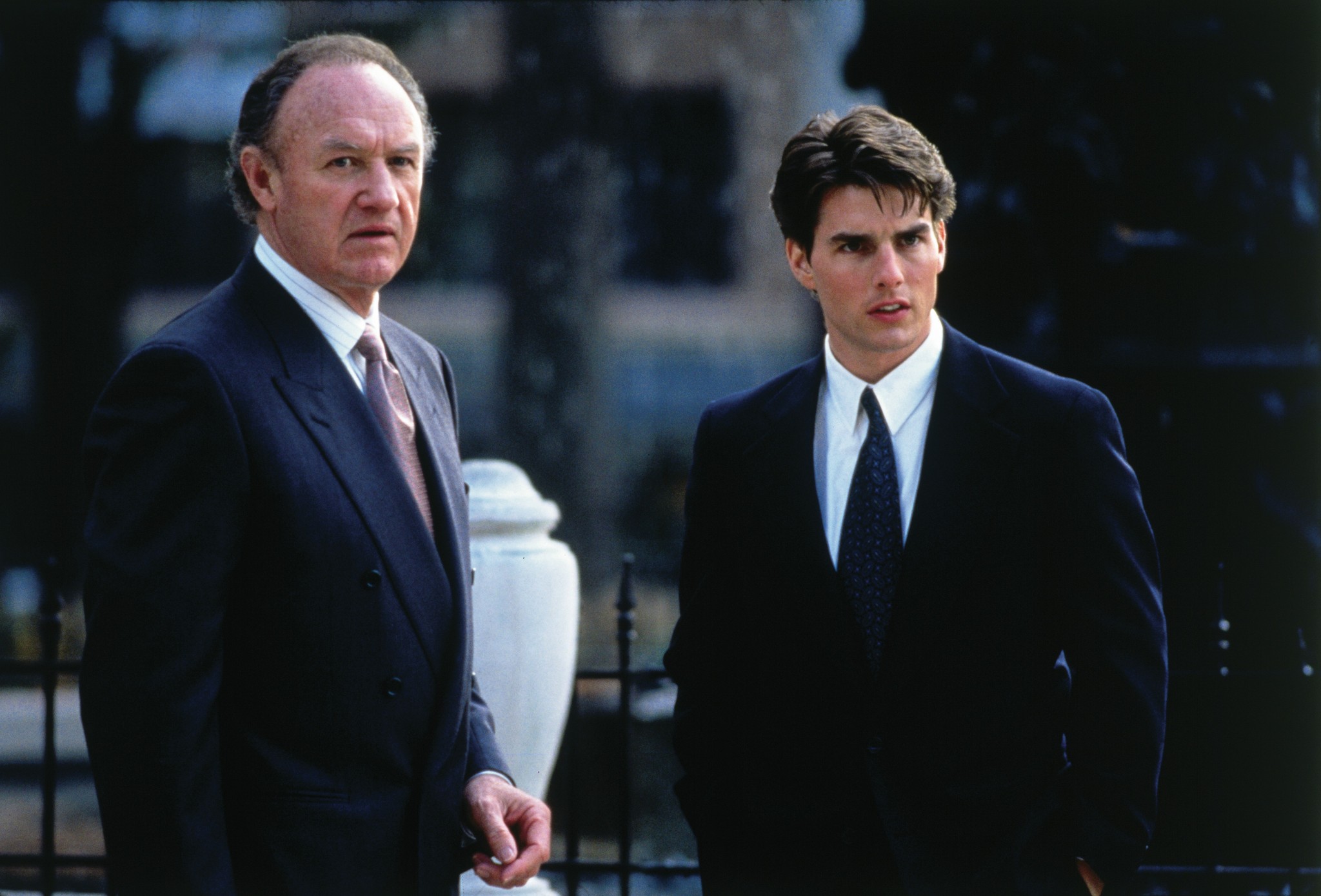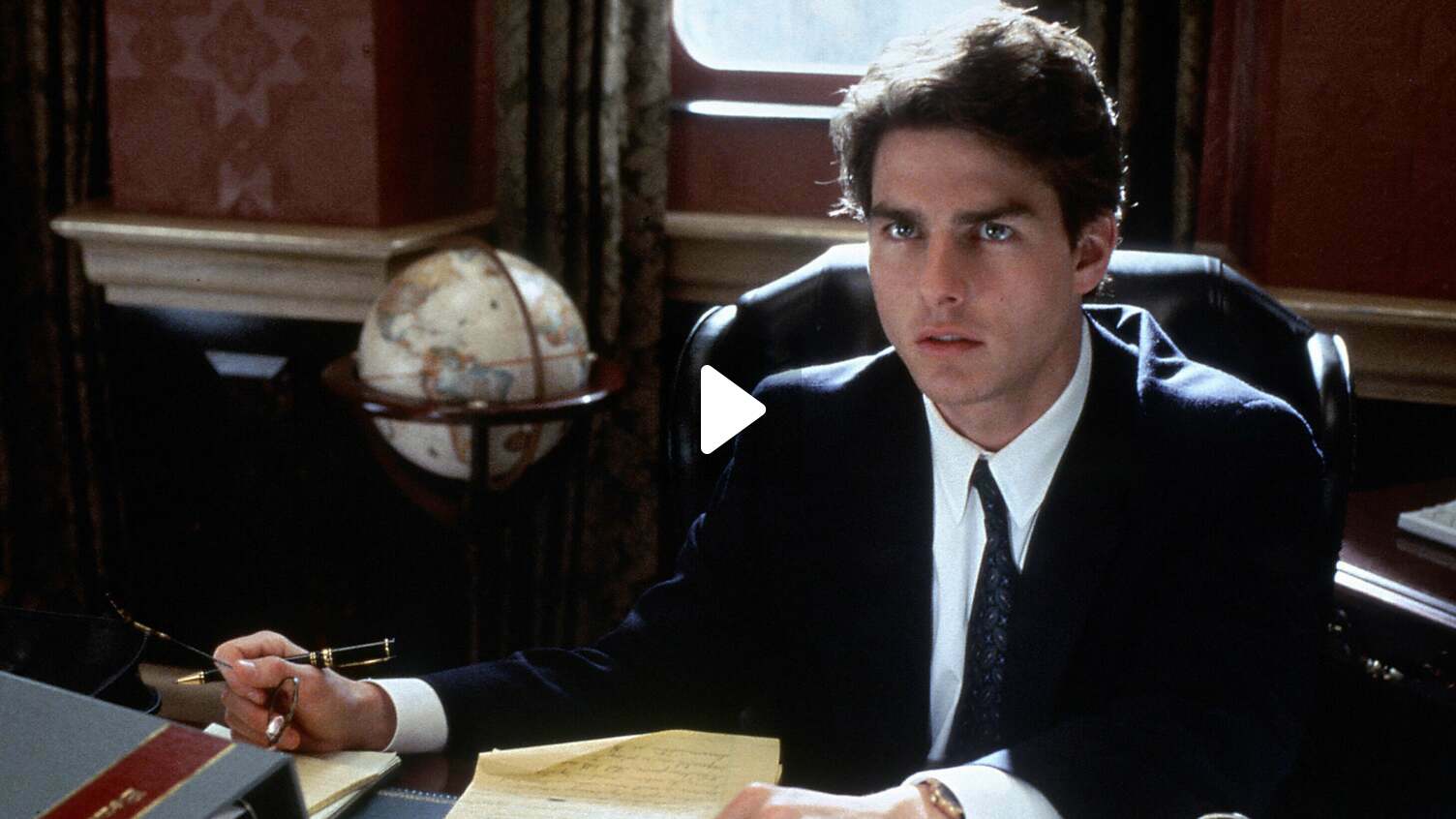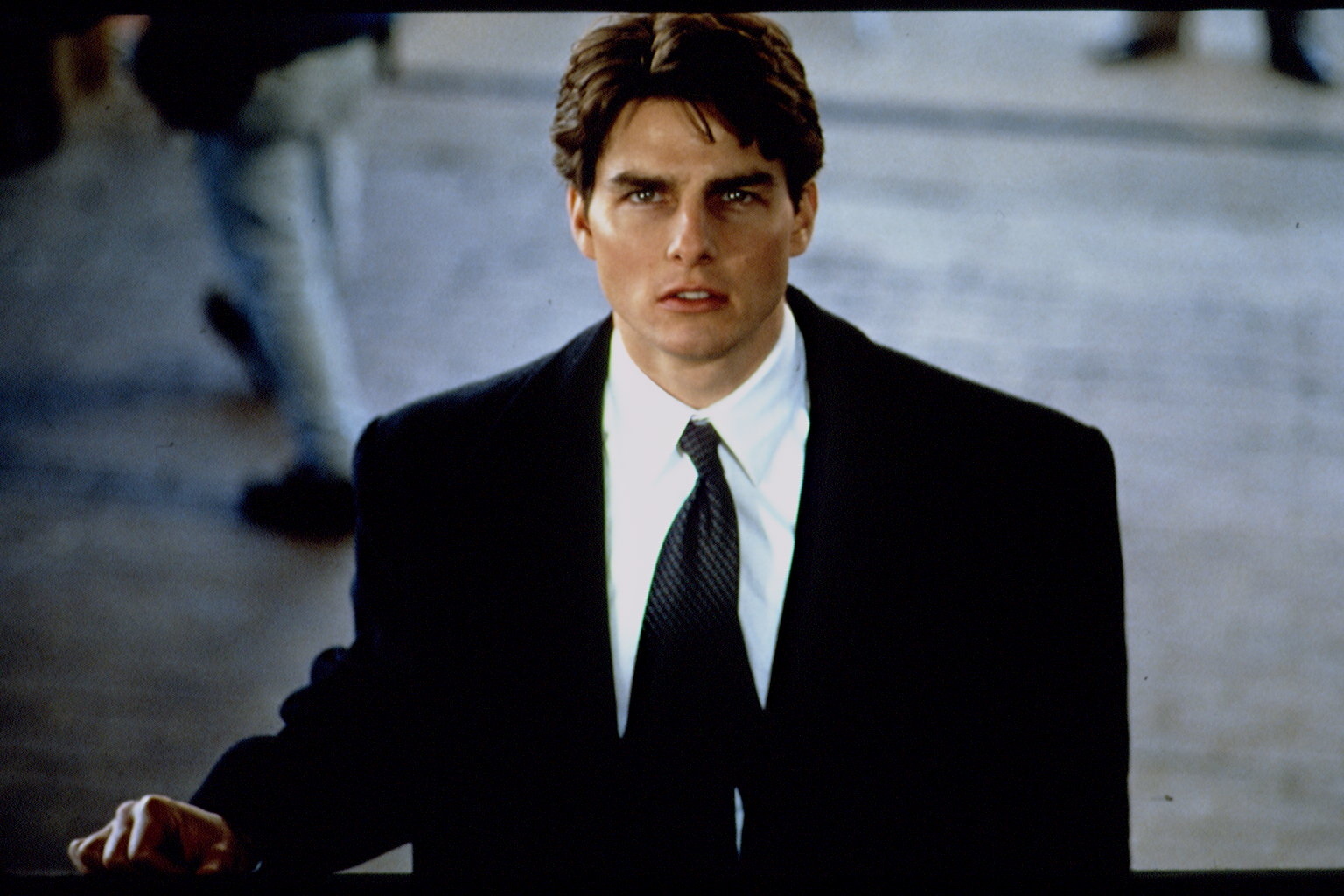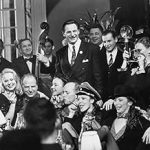The Firm (1993)

Movie Review: The Firm (1993)
The Firm (1993), directed by Sydney Pollack, is a legal thriller based on John Grisham’s best-selling novel, and it quickly became a notable film for its compelling blend of legal drama, suspense, and crime. The film takes audiences into the world of law and corporate power, exploring the lengths to which some will go to protect their interests. At its core, The Firm is a character-driven story about ambition, moral dilemmas, and the cost of success, anchored by a standout performance from Tom Cruise.
Plot Overview:
The story follows Mitch McDeere (Tom Cruise), a recent Harvard Law School graduate who is offered a prestigious job at a small, but lucrative law firm, Bendini, Lambert, and Locke, located in Memphis, Tennessee. The firm offers Mitch a dream opportunity: a high salary, a beautiful home, and a luxury car. However, Mitch soon realizes that there is something unsettling about the firm—its clients are wealthy, powerful, and, seemingly, untouchable.
As Mitch gets drawn deeper into the firm’s operations, he uncovers disturbing truths. The firm is secretly operating as a front for organized crime, and its partners are involved in illegal activities, including money laundering for the mob. Mitch’s life becomes increasingly complicated as he is forced to navigate the pressures of his ambition, the moral dilemmas of his situation, and the constant threat of the FBI, who are investigating the firm. Torn between loyalty to his firm, his wife Abby (Jeanne Tripplehorn), and his growing fear of the consequences, Mitch must find a way out without sacrificing his future or his life.
The story becomes a battle of wits between Mitch, the firm, and the FBI, with Mitch forced to make life-altering decisions while trying to protect his loved ones and his future. The film explores themes of greed, corruption, and personal integrity, all while delivering a suspenseful and dramatic narrative.
Direction and Pacing:
Sydney Pollack, known for films like Out of Africa and Tootsie, brings a grounded yet thrilling approach to the film. The direction is effective in creating a palpable sense of tension that grows as Mitch becomes entangled in the firm’s dark web. The pacing of The Firm is deliberate but never slow; it allows the story to breathe, building up to key moments of suspense without feeling rushed.
Pollack uses the legal setting effectively, showcasing the inner workings of a prestigious law firm while also emphasizing the dangerous and morally ambiguous world Mitch enters. The slow-burning tension in the film, mixed with sudden bursts of action and dramatic confrontations, creates an engaging experience for the audience. The narrative remains compelling, with each scene adding layers to Mitch’s internal conflict and the growing external pressures on him.
Characters and Performances:
Tom Cruise gives a strong performance as Mitch McDeere, a young man eager to make his mark in the world but gradually realizing that the cost of success may be higher than he anticipated. Cruise’s portrayal of Mitch is nuanced, showcasing the character’s vulnerability as he grapples with the moral weight of his choices. Mitch is a man caught between his ambition, his fear, and his sense of right and wrong, and Cruise conveys this internal struggle convincingly. His performance is grounded in realism, helping the audience relate to Mitch’s dilemma despite the high-stakes legal and criminal drama surrounding him.
Jeanne Tripplehorn plays Abby, Mitch’s wife, who becomes increasingly concerned as Mitch’s involvement in the firm begins to affect their marriage. Tripplehorn’s portrayal of Abby is empathetic, bringing emotional depth to the story. She provides a counterbalance to Mitch’s ambition, and her growing worry about Mitch’s choices adds a human layer to the film.
The supporting cast features Gene Hackman as a seasoned private investigator, Ed Harris as an FBI agent, and Hal Holbrook as the head of the firm, Avery Tolar. Hackman is particularly noteworthy, giving a charming and calculating performance as the morally ambiguous investigator who tries to guide Mitch through the dangerous world of the firm. Harris, though in a smaller role, brings intensity to his portrayal of the relentless FBI agent trying to bring the firm down. Holbrook, as the firm’s leader, is calculating and manipulative, embodying the corporate ruthlessness that Mitch is drawn into.
Themes and Tension:
The Firm explores several compelling themes that resonate well beyond the legal world. Central to the film is the idea of ambition and what individuals are willing to sacrifice to achieve success. Mitch is the classic example of a person with big dreams, eager to rise above his modest roots, but unaware of the moral cost of achieving those dreams. As Mitch’s ambitions clash with his ethical values, the film becomes a meditation on the price of success in a world where the lines between right and wrong are often blurred.
Another significant theme is the corrupting influence of power and greed. The law firm’s association with organized crime illustrates how ambition can lead individuals to compromise their integrity and engage in morally dubious actions. As Mitch uncovers the firm’s criminal activities, the film raises questions about loyalty, trust, and whether personal gain justifies unethical behavior.
The tension in the film comes from Mitch’s growing realization that the firm’s power is not just limited to its legal expertise, but extends into illegal activities that could have deadly consequences. This tension is heightened by the looming presence of the FBI, who are actively investigating the firm, making Mitch’s every move a dangerous game of cat and mouse.
Cinematography and Score:
The cinematography in The Firm is solid, with a focus on capturing the sleek, polished look of the law firm’s environment. The sleek interiors, luxurious offices, and vast, imposing buildings convey a sense of wealth and power, underscoring the firm’s allure and Mitch’s initial sense of accomplishment. The contrast between these affluent settings and the darker, more ominous environments outside the firm highlights the tension between Mitch’s dream job and the moral quagmire in which he finds himself.
The film’s score, composed by Dave Grusin, complements the mood perfectly. It’s subtle yet effective, enhancing the tension and adding depth to the emotional beats of the film. The music doesn’t overwhelm the story but provides an undercurrent that matches the film’s pace, intensifying key moments of suspense.

Conclusion:
The Firm (1993) is a gripping legal thriller that blends tension, suspense, and moral complexity into a compelling narrative. Sydney Pollack’s direction, paired with Tom Cruise’s strong performance as the morally conflicted Mitch McDeere, elevates the film above a typical courtroom drama. While the film deals with corporate greed and the pressures of ambition, it also asks significant questions about personal integrity and the consequences of one’s choices.
The story’s suspense builds consistently, with several twists and turns that keep the audience engaged until the final moments. The supporting cast, including Gene Hackman and Ed Harris, deliver strong performances, further enhancing the depth and drama of the film.
Overall, The Firm is an excellent legal thriller that stands the test of time. It’s an engaging, thought-provoking film that succeeds in blending personal and professional stakes, making it one of the more memorable entries in the genre of legal dramas and thrillers.











